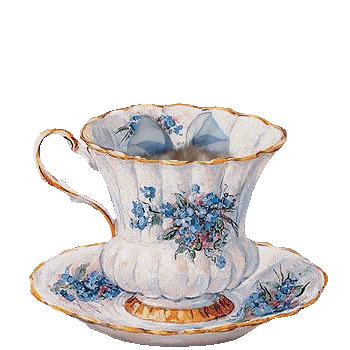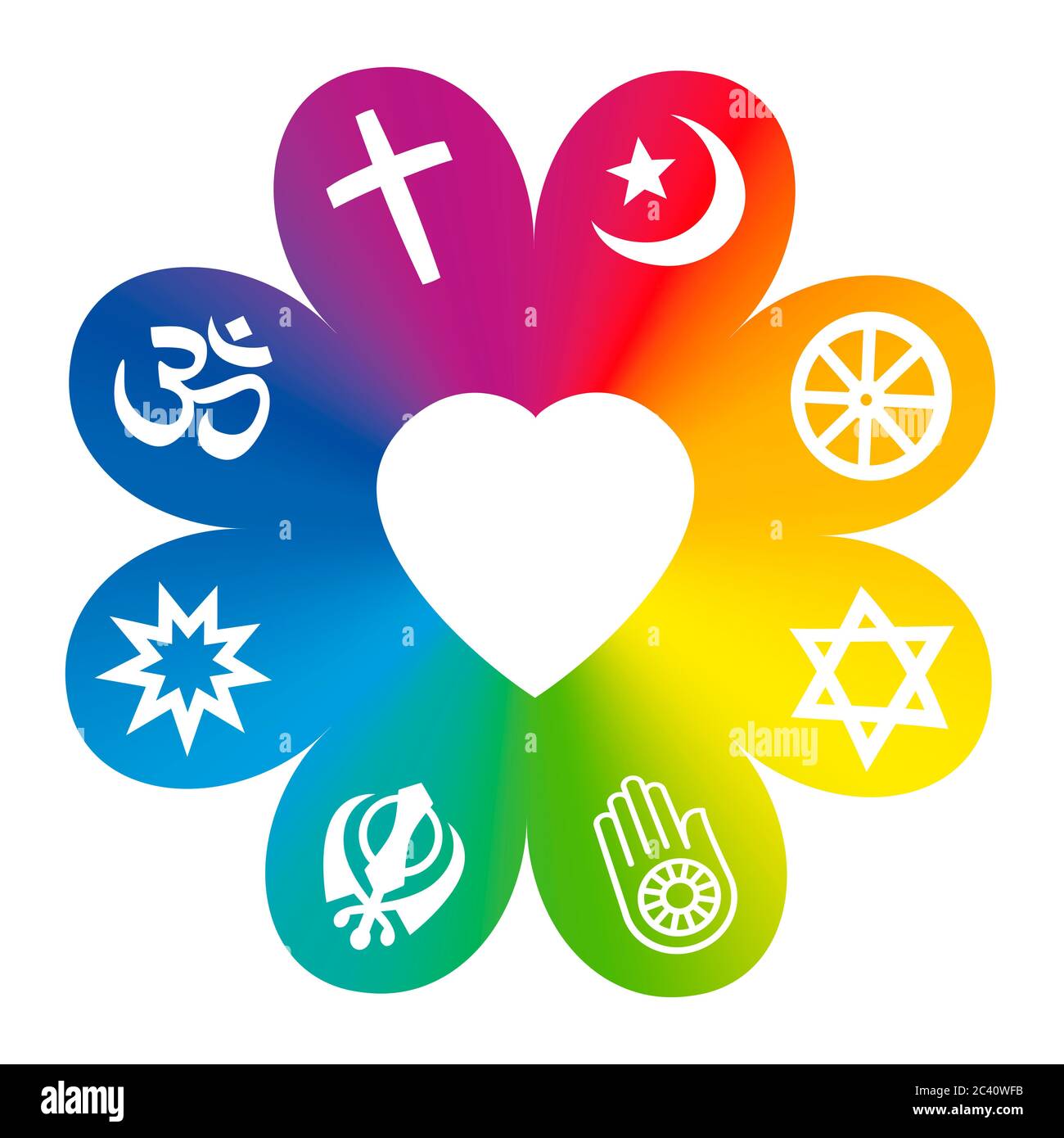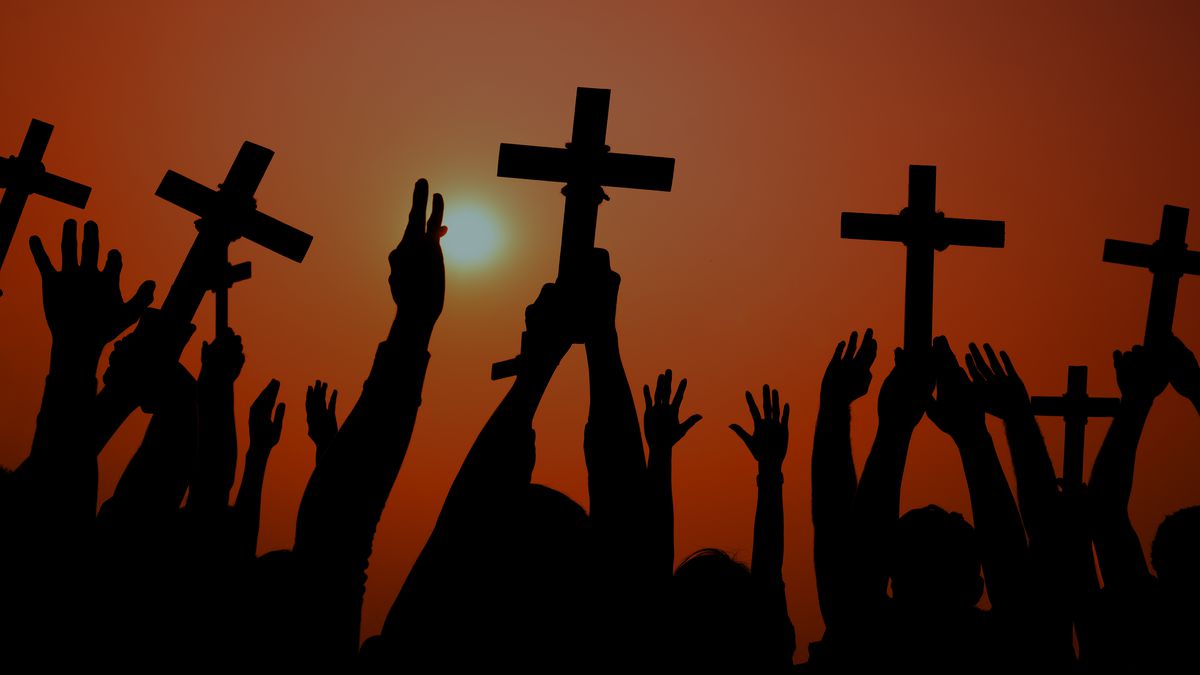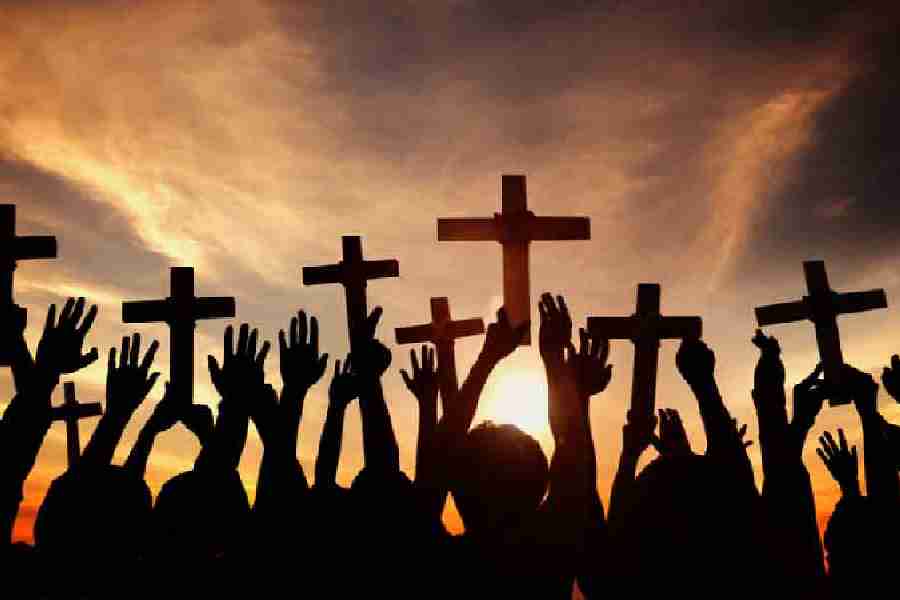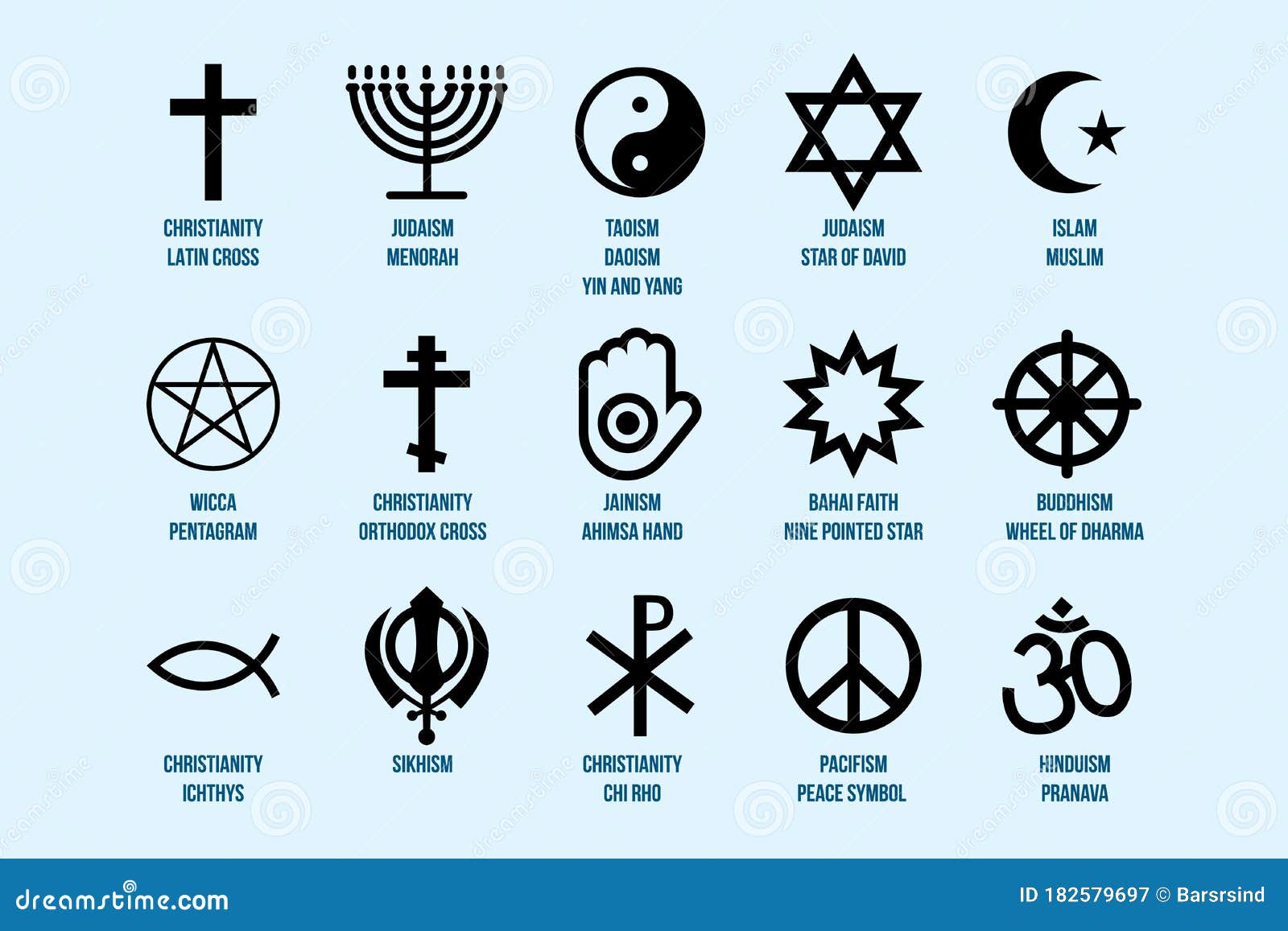Key Characteristics of Sparta’s Religion: Divine Duty, Kingship, and Military Ritual
Introduction: Understanding the Role of Religion in Sparta
Ancient Sparta stands out in history not only for its formidable military prowess but also for its distinctive approach to religion. Unlike other Greek city-states, Sparta’s religion was deeply embedded in every aspect of public and private life, reflecting and reinforcing its unique social structure, values, and militaristic culture. To understand Sparta’s enduring legacy, it is essential to examine the core characteristics of its religious beliefs and practices, the role of its kings, and how these elements shaped Spartan identity and daily life.
[1]
Spartan Polytheism: A Pantheon of Influence
Like most ancient Greek states, Sparta practiced
polytheism
, meaning they believed in and worshipped many gods. The primary deities included familiar Olympian figures such as Zeus, Apollo, Artemis Orthia, and Poseidon. However, what distinguished Spartan religion was not just the gods themselves, but the intensity of devotion and the practical role of religion as a tool for societal order and military discipline. Rituals were essential to secure the favor of the gods, especially before battles or during significant community events.
[1]
[2]

Source: animalia-life.club
Spartans also worshipped some lesser-known deities and spirits, such as the personifications of
Laughter
and
Fear
. The latter reflected the cultural emphasis on courage and the avoidance of dishonor-dying cowardly was seen as a grave offense not just to the state, but to the gods themselves.
[2]
The Divine Role of Kings in Spartan Religion
One of the most distinctive features of Sparta’s religion was the
dual kingship
and the religious authority vested in its rulers. The two hereditary kings were believed to be direct descendants of Zeus and Heracles, reinforcing their divine right to rule and their central role in religious life. These kings acted as chief priests, overseeing major rituals, sacrifices, and religious festivals. Their responsibilities included interpreting omens, consulting oracles (especially before military campaigns), and leading ceremonies related to state worship.
[1]
[3]
Upon the death of a king, elaborate public ceremonies were conducted, and he was often declared the best ruler Sparta ever had. This religious-political fusion provided stability and reinforced the king’s authority, making the king not only a political leader but also a spiritual guide.
[3]
Festivals, Rituals, and the Social Fabric
Religious festivals played a crucial role in Spartan society, serving both spiritual and civic functions. Some of the most significant festivals included:
-
Gymnopaedia:
A festival of music and athletic competitions marking the rite of passage for young soldiers. It culminated in a public ceremony inducting new warriors, highlighting the connection between religion and military achievement.
[2]
- Hyakinthia: A festival dedicated to Apollo, blending mourning and celebration, symbolizing cycles of death and renewal.
-
Carneia:
A major harvest and military festival led by the kings, underlining the fusion of religion, agriculture, and warfare.
[3]
Participation in these festivals was mandatory for citizens and reinforced social cohesion, discipline, and conformity-core values of Spartan society. The religious calendar also dictated when wars could be fought; famously, Spartans sometimes delayed military campaigns to honor sacred festivals.
[4]
Religion as Social Control and Moral Guide
Spartan religion functioned as more than personal faith; it was a system of
social control
and moral guidance. Religious observance was used to support the militaristic and communal ideals of the state. Prophecies, omens, and the threat of divine punishment played powerful roles in shaping behavior, fostering obedience, loyalty, and conformity.
[3]
Priests, often drawn from the nobility or the royal family, performed public sacrifices and interpreted signs from the gods. Oracles, such as the famous Oracle at Delphi, were consulted before undertaking wars or major political decisions. The belief that the gods directly intervened in human affairs provided justification for Spartan laws and practices, and helped explain both victories and defeats.
[1]
Burial Practices and the Concept of Honor
Religious beliefs also deeply influenced how Spartans approached death and burial. Soldiers who died courageously in battle received solemn religious burials, with prayers and offerings to the gods for safe passage to the afterlife. Markers and memorials were erected to honor the fallen, reinforcing the notion that faith and valor were intertwined.
[2]
Dishonor, on the other hand, was not only a social disgrace but a spiritual failing. The fear of divine retribution for cowardice was a powerful motivator, and this belief system helped maintain the high standards of discipline and bravery for which Sparta is renowned.
[4]
Challenges and Alternative Perspectives
While many sources agree on the central characteristics of Spartan religion, it is important to recognize that much of what we know comes from non-Spartan writers like Xenophon, Plutarch, and Pausanias. As such, some interpretations may reflect outsider perspectives or later embellishments. Additionally, since religious and secular authority were so intertwined, distinguishing between purely religious and political motives can be challenging.
[3]
Today, those interested in exploring more about Spartan religion and its role in society can consult academic texts or visit museums with ancient Greek collections. Searching for terms like “Sparta religion,” “Spartan kingship and rituals,” or “ancient Greek religious festivals” in academic databases, libraries, or museum websites can yield authoritative resources. Visiting the official websites of major universities or established historical organizations is recommended for the most reliable information.
How to Learn More or Explore Further
If you wish to explore primary sources or see artifacts related to Spartan religious practice, consider these steps:

Source: investopedia.com
- Visit the website of the Sparta Archaeological Museum or the British Museum to search their collections for items related to Spartan religion.
- Search for scholarly articles or books by reputable historians specializing in ancient Greece, using academic databases such as JSTOR or the digital catalogs of major universities.
- Look up educational resources from established history organizations or university departments focused on classical studies for detailed guides and curated exhibits.
- For in-depth study, use search terms like “Spartan religious festivals,” “Spartan kings as priests,” and “role of religion in Sparta” in reputable library catalogs.
Remember: Always verify the credibility and authority of any resource before relying on it for research or educational purposes.
Key Takeaways
Sparta’s religion was characterized by the following:
- Polytheistic belief system focused on the Olympian gods, with unique emphasis on spirits like Laughter and Fear.
- Kings as chief religious leaders , regarded as descendants of gods, wielding both spiritual and political authority.
- Mandatory participation in religious festivals that reinforced social unity, discipline, and military readiness.
- Religious rituals structured to support the values of courage, obedience, and conformity fundamental to Spartan life.
- Burial practices and honor codes rooted in religious beliefs, promoting faithfulness and valor.
These characteristics made Spartan religion a powerful force in shaping one of history’s most remarkable societies, reflecting the close relationship between belief, governance, and daily existence in ancient Sparta.
References
MORE FROM cheerdeal.com



